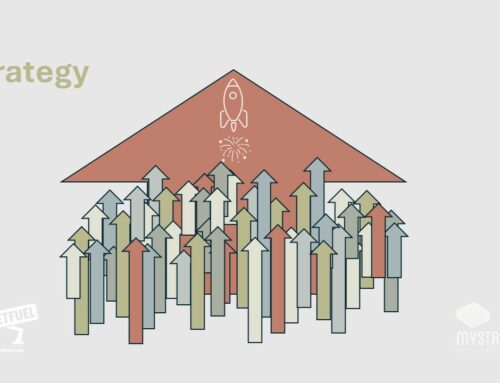
Put down the smartphone, step away from the desk, and create those important face-to-face connections through networking, says Leadership & Performance Coach, Davina Greene.
Networking is about building lasting, mutually beneficial connections. To actively want you, people often need to feel they know you – be it at community, political, or business level. Any time you actively and continuously engage with any group, you are essentially networking, making a cumulative impression over time.
Why Engage in Networking?
Have you ever wondered how someone you know made a sizeable career leap or significant industry change? Probably through networking. Have you ever wondered how someone became the “voice” of a particular subject matter and a frequently sought speaker? Probably at least partially through networking. The solo self-employed are pretty good at it, both out of pure business necessity and to avoid turning into Shirley Valentine (“Hello, Wall…”). Others in small businesses are quite good at networking for business development, too.
In short, it’s part of any good strategy, whether personal or organizational.
Having just come through difficult economic times, those employed in bigger businesses are increasingly seeing the light – if you only know the people you work with, then what happens when you (and they) need a job in tough times? Many roles never make it to the formal ‘job advertisement’ stage – many are filled, or indeed created, on the basis of good people known to managers within that business. It is, therefore, worth having a reputation outside of your current workplace.
Networks can have different intentions and, consequently, tones. Some are quite serious and business-like; others are more supportive and motivational, including both human and business stories. Some are aimed exclusively at women in business; others are for everyone. Some are more ‘corporate’ than others. Some include more of a social side. Some favor leaving people to ‘work the room’ themselves, sourcing speakers externally; others offer more formalized opportunities for members, encouraging elevator-pitching, short presentations, or longer talks and presentations.
They can be local, regional or even global – it’s for you to decide what you need. Many are run by volunteers (so tailor your expectations appropriately). Some operate early in the morning, some run evening meetings – this difference alone can be a deciding factor for many budding networkers.
The Pitfalls of Poor Networking Strategy
Networking is a great way to meet people at various stages in their businesses or careers, to expand your knowledge and to be both supported and challenged in your plans. If, as a corporate employee, you hold particular values around the importance of small businesses or the support of women in business, then networking is a wonderful way to meet and potentially support smaller, local suppliers to your organization.
However, enrolment is not enough. Those who do not understand the point of networking are often those who have, quite simply, done it badly in the past, without careful consideration and strategy. Often, we limit ourselves to one network, without advance research, and expect it to provide everything we need…when it doesn’t, we walk away entirely.
- We have pleasant-but-aimless conversations with fellow members, failing to tell them exactly what kind of help we seek, or to connect post-event.
- We seek only similar people from similar industries, failing to appreciate secondary and tertiary networks that can emanate from seemingly unlikely people.
- We seek immediate sales, trying to bypass the relationship-building bit, and get annoyed when the penny drops that one evening of networking is not the quick route to empire-creation.
- We go in a group, for support, but then never break away from that group, or let anyone in.
Worst of all, many expect free or low-cost work from their fellow networkers, failing to respect their work as much as our own.
Remember, networking provides you with an additional platform for self-promotion, not a magic wand for obtaining instant sales and free suppliers; it is a part of your long-term marketing strategy. A Network can put you in the same room as other, like-minded people, but whether you create friends, enemies or nothing in that room is entirely in your hands. Choose well, then plan, perform, and persist. Your clients will find you when they need you, through the connections you’ve made.
Key Tips for Networking
- Research any Network in advance. Understand the range of members and types of events.
- If the Network provides Attendee Lists in advance of events, highlight those people who may be of particular interest to you and your business.
- Be prepared – arrive early, bring your business cards, plan a “magic number” of meets. Be genuine, but perform.
- Know the short, medium and long versions of your business story, so that you can adapt to the person/mood/time permitted.
- Be patient: you’re building relationships. Sales and opportunities will follow.
Interested in investing in your own personal – and personal strategy – development? Check out www.MyStrategy.me!
Share This!
About the Author



